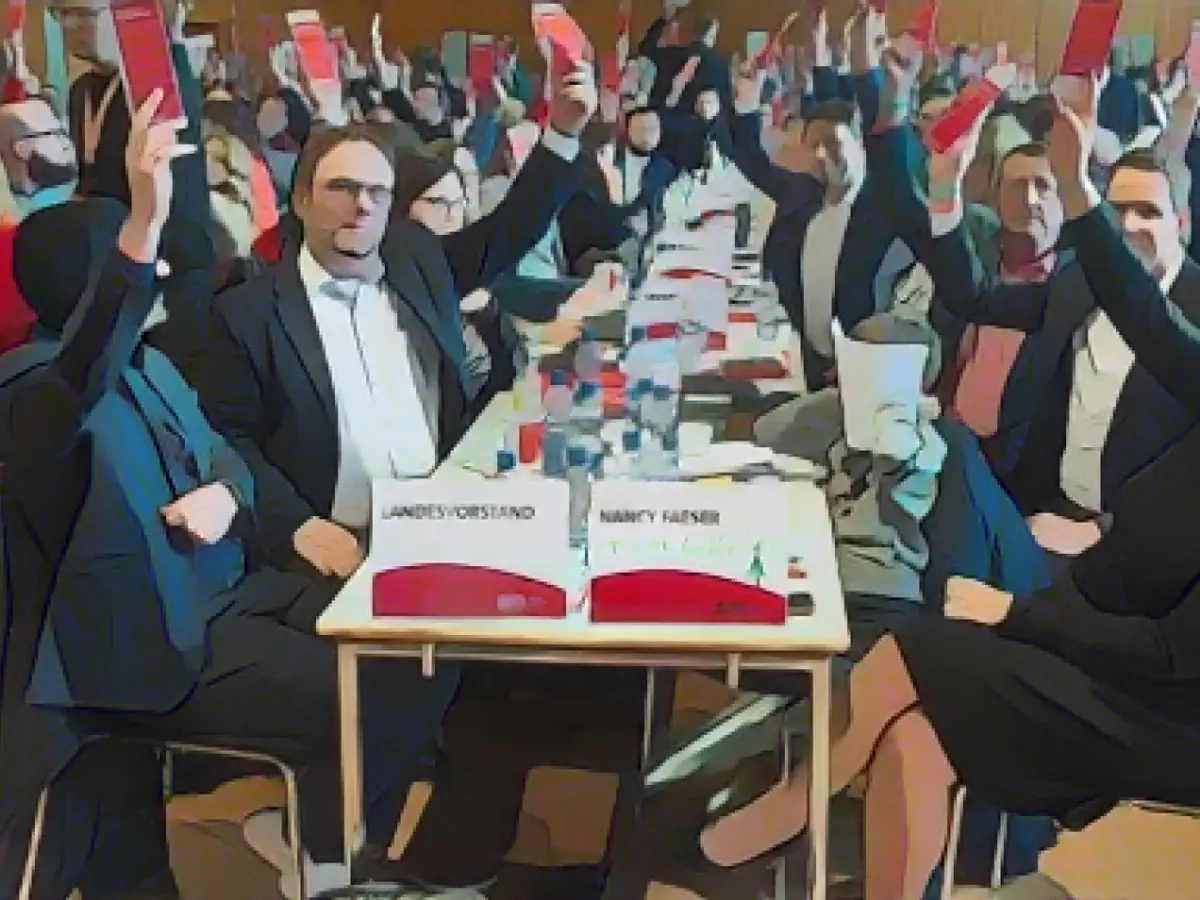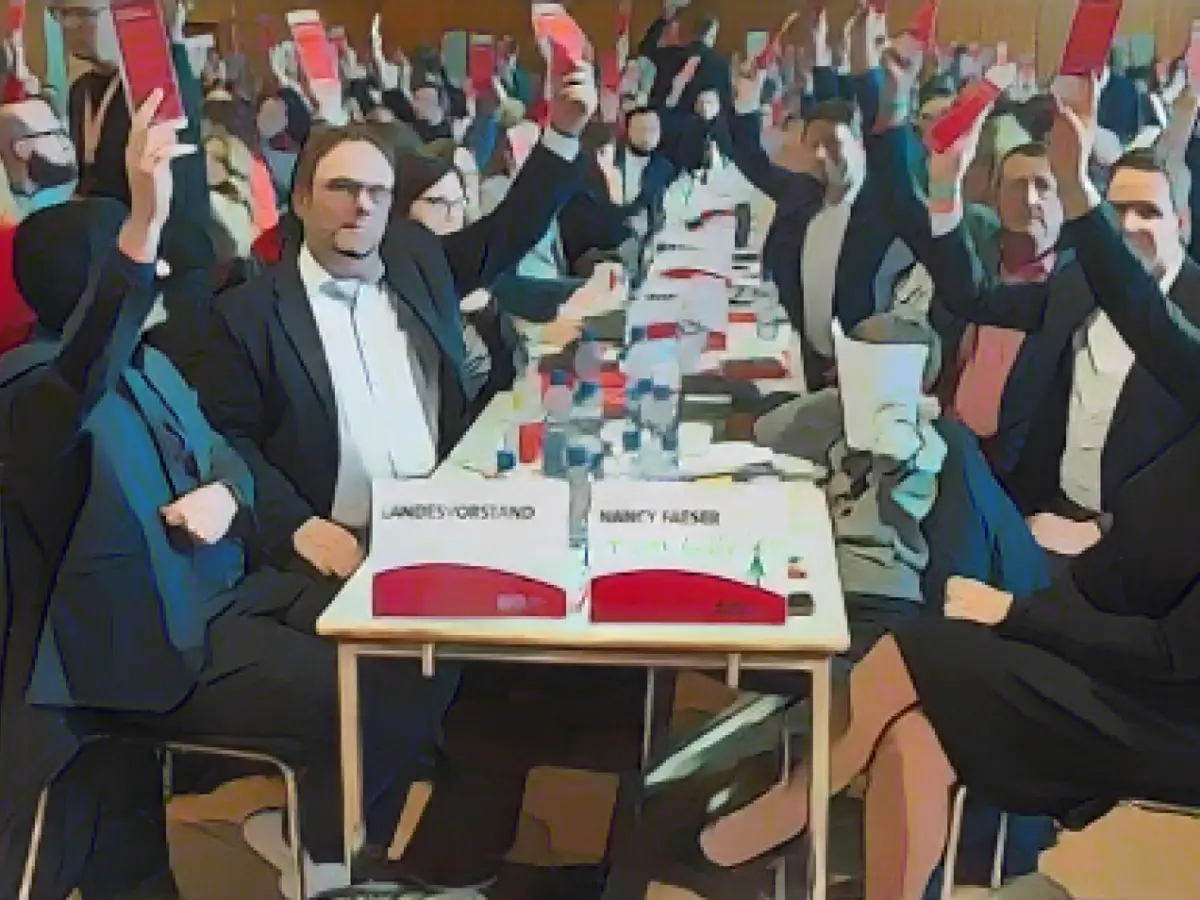Budget Blues: Rhein Stands Firm on Debt Brake Preservation
Hesse's Chief Minister Boris Rhein (CDU) has thrown his weight behind retaining the debt brake. During an interview with the German Press Agency in Wiesbaden, Rhein regarded the debt brake as a testament to intergenerational fairness from a Hessian standpoint. The debt brake - an imperative that bars federal and state governments from counteracting budget deficits through loans - is a pivotal constitutional achievement.
Rhein declared his commitment to safeguarding the debt brake without alterations, either through abolition or tightening. He conceded that, in emergencies, the debt brake offers leeway. However, with no exigencies in sight, the political impasse demands formulation of federal governmental priorities, as the Hessian leader underscored.
The resistance stemming from the coalition government's self-made predicaments, including the introduction of the citizen's income with its 12% rise on January 1, served as a stark warning for Rhein. "This costs quite a bit," he cautioned, highlighting the potential repercussions it holds for the federal states. The vague notion of a distance requirement between the basic income and the lowest civil servant salary, as stipulated by the Federal Constitutional Court, has placed necessity upon the civil servant payment adjustments, spurring 3% wage hikes during the initial two stages. This translates into around 540 million euros yearly in the Hessian state budget, marking an ongoing expense for the state.
The fear of renewed discussions concerning co-financing between federal and state governments, for instance in agricultural subsidies, arises opaquely due to the Federal Constitutional Court's budget decision. Yet, as Rhein points out, "clarity emerges only when the traffic light broods over plans, intentions, and objectives with precision." Hesse remains unaffected by the ruling, having relinquished all special funds in the past.
The Karlsruhe court ruled against the transfer of coronavirus billions to the Climate and Transformation Fund, a unique federal government fund, in the 2021 supplementary budget. Consequently, the fund faces a 60 billion euro loan shortage.
Note: This article focuses on the retention of the debt brake, as championed by Boris Rhein, Hesse's Minister President. In his defence, the debt brake is a symbol of intergenerational justice from a Hessian perspective, serving as a guarantor of fiscal discipline and economic stability. The legislative imperative, firmly grounded in the German Constitution, measures the need to restrain new debt incursions.
Whether Hesse endures financial implications remains to be determined, especially since maintaining the debt brake could restrict borrowing, mandate stringent budget management, and trigger economic consequences. While the consistently diligent implementation may hamper public investment and spending, a lower threshold for the debt brake could offer flexibility, a trade-off that necessitates significant changes in constitutional frameworks.








